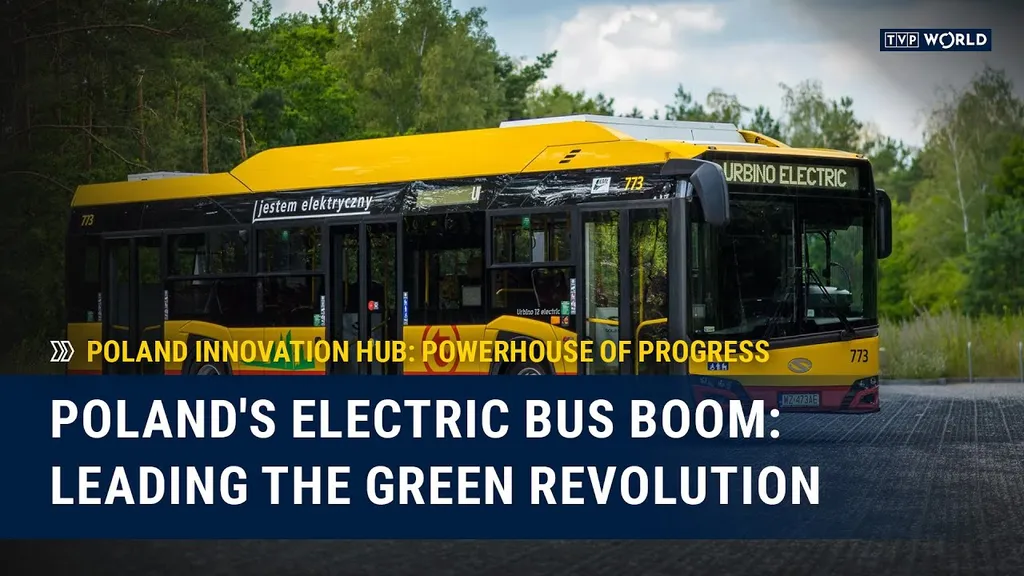In the heart of Warsaw, as autumn leaves began to paint the city in hues of gold and crimson, a gathering of minds took place that could very well reshape the future of the transport industry. The SiMRTRANS Scientific and Technical Conference, held at the Warsaw University of Technology’s Faculty of Automotive and Construction Machinery Engineering, brought together experts to discuss “Innovative Solutions in Transport.” Among the insights shared, one theme emerged as a beacon of potential for the energy sector: the integration of cutting-edge technologies to enhance efficiency and sustainability in transport.
Dariusz Więckowski, the lead author of a selection of papers presented at the conference, highlighted the significance of these innovations. “We are at a crossroads,” Więckowski remarked, “where the convergence of advanced materials, intelligent systems, and renewable energy sources is not just a possibility but a necessity for the future of transport.” His words echoed the sentiment of the conference, which aimed to bridge the gap between theoretical research and practical applications.
One of the most compelling aspects of the research presented was the focus on innovative materials and technologies that could drastically reduce energy consumption in transport. For instance, the development of lightweight, high-strength materials could lead to more fuel-efficient vehicles, while advancements in battery technology promise to extend the range of electric vehicles. These innovations are not just academic exercises; they hold the potential to revolutionize the commercial landscape of the energy sector.
The implications for the energy industry are profound. As transport systems become more efficient, the demand for fossil fuels could decrease, paving the way for a greater reliance on renewable energy sources. This shift could drive significant investments in green technologies, creating new markets and opportunities for businesses. Moreover, the integration of intelligent transport systems could optimize logistics and reduce emissions, further enhancing the sustainability of the sector.
Więckowski’s research, published in the prestigious ‘Engineering Transactions’ (translated from Polish as ‘Transactions of Engineering’), underscores the importance of interdisciplinary collaboration. By bringing together experts from various fields, the conference fostered a dynamic exchange of ideas that could accelerate the development of innovative transport solutions. As Więckowski noted, “The future of transport is not just about faster or more efficient vehicles; it’s about creating a sustainable and interconnected system that benefits society as a whole.”
The insights gained from the SiMRTRANS conference offer a glimpse into a future where transport is not only more efficient but also more sustainable. For the energy sector, this means a shift towards renewable energy sources and a focus on reducing emissions. As these innovations continue to evolve, they could redefine the commercial landscape, creating new opportunities and challenges for businesses. The journey towards a greener, more efficient transport system has begun, and the insights shared at this conference could very well be the catalyst for a transformative change in the industry.

